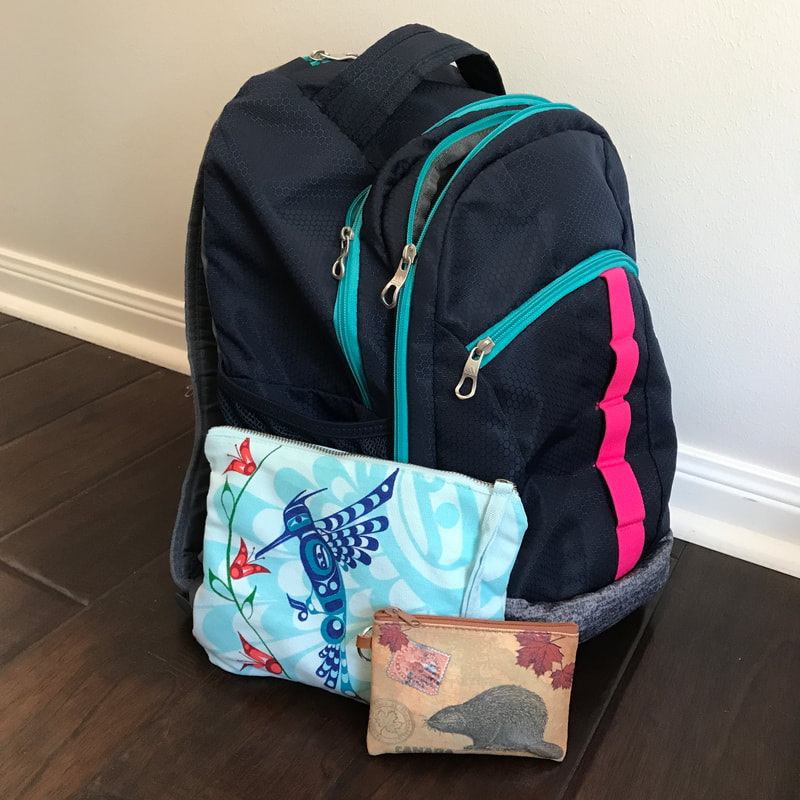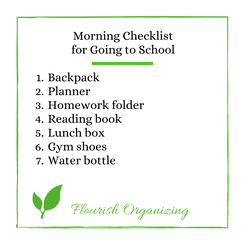The first thing that many parents try to do is rush in to fix the immediate need: go get the missing item. However, this usually is an inconvenience to the parent without being an inconvenience to the child. Think about it: the child gets their needs met without having to do much of anything except cry out for help. At the same time, mom or dad has to leave work, home, appointments, etc. to drive extra trips to drop off that item. While this solves the immediate need, it does not help solve the actual problem, and it does not encourage growth in the child. Instead, you can be supportive and acknowledge their feelings ("I can see that this is really hard for you.") without solving their problem for them ("I'm sorry that you forgot your homework, but I won't be able to go get it for you."). This may mean a late grade at school or a few tears. This is ok. The uncomfortable feeling that they have is how they learn, take responsibility for their own actions, and are motivated to change their behaviors. 'Remembering' is a life skill! One job as a parent is to teach life skills. Well, guess what – 'remembering' is a life skill! Let your child know that this is not something to be ashamed of; adults don’t automatically remember to do everything! We all forget! It is rare to find a person who can remember everything in their head. Our brains are not meant to do this. Rather, adults live in a structured world with build-in reminders… calendars, planners, phone calls about upcoming appointments, alarms on your phones, written reminders around the house, etc. Let your kids know that forgetting is not something to be ashamed of; this is just part of being a human being! But, growing up means creating reminder systems that work for them. The way forward is to try out a reminder system or habit to help them remember. Again, reassure them that this is a very mature and adult way to handle reminders. Making Checklists: One of the best support systems for remembering is to create checklists. Likely, you will need to start with three separate checklists: going to school in the morning, packing the backpack at school to go home, and packing the backpack after doing homework in the evening. Get your child to write the checklist (you can help support).
Reminder Notes: For special occasions or items, your child can write a physical reminder (for example, on a sticky note) and place it on their shoes. That way, they can’t put on their shoes without seeing their personal reminder. (For adults, putting a note with your car keys or house keys is a great way to avoid forgetting something!) Start Small:
Think about the most frequent “I forgot my…” struggle and choose one new reminder method to teach your child. They will need support and guidance; it takes time to develop a new habit. Stay calm, and help them to use their checklist or reminder tool daily. Be consistent about using it each school day. Over time, allow them to take more ownership of the task. Even though they may complain, consistent expectations help kids to feel safe, which provides an atmosphere for them to learn and grow. Keep at it! You can do this! Comments are closed.
|
AuthorMy name is Laura, and I love all things organizing! Categories
All
|


 RSS Feed
RSS Feed
